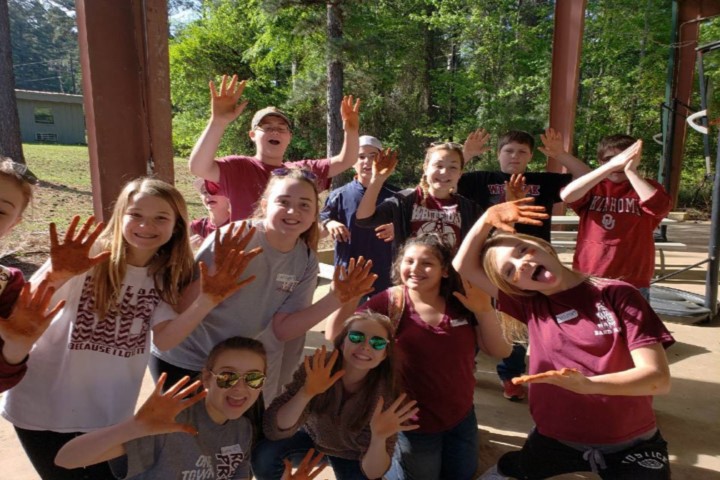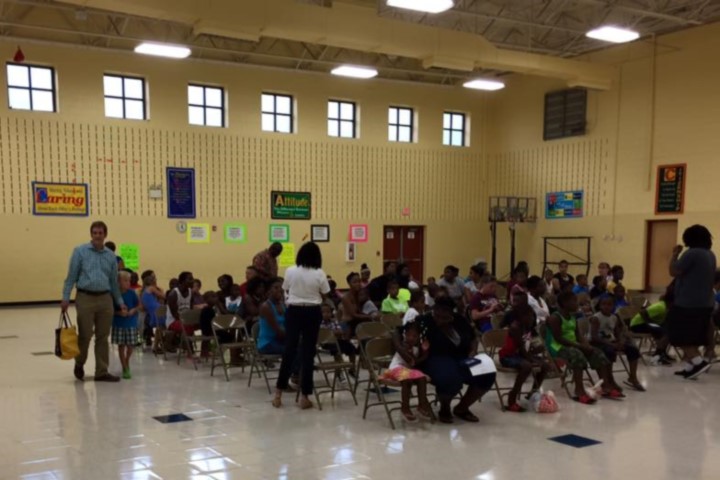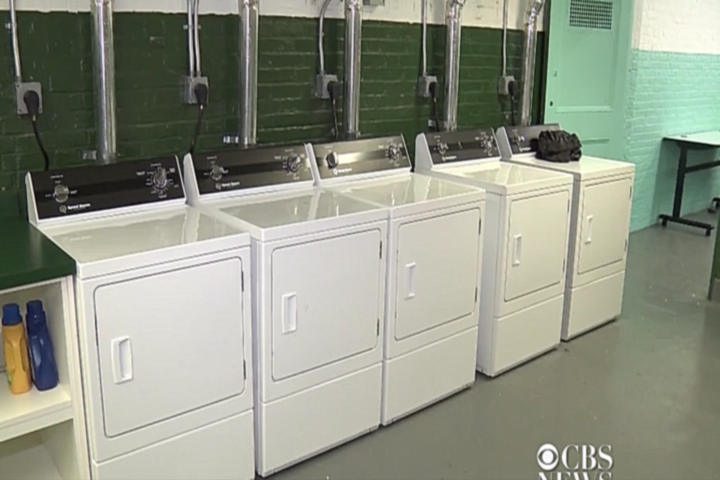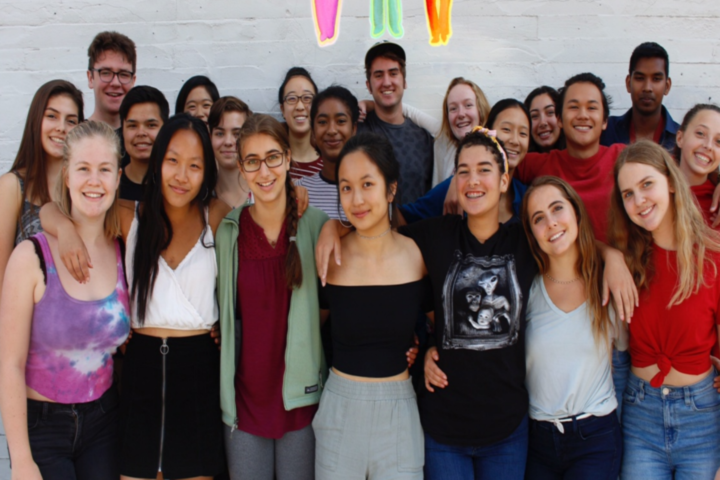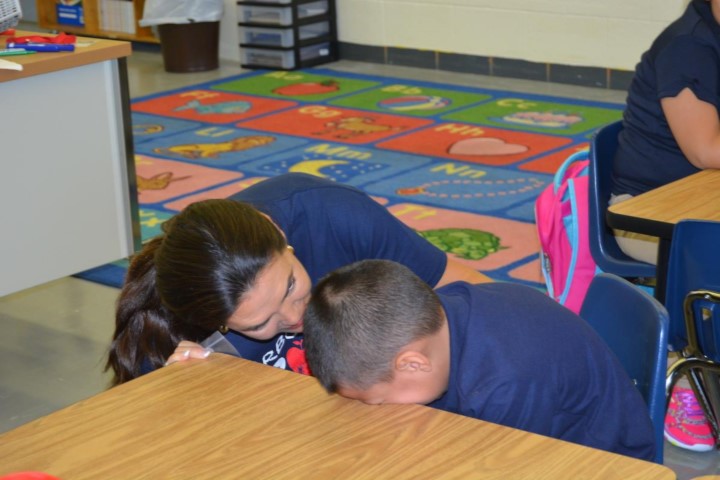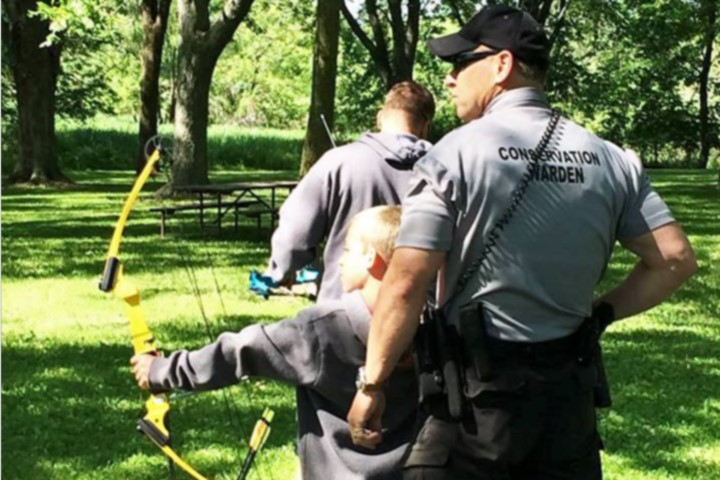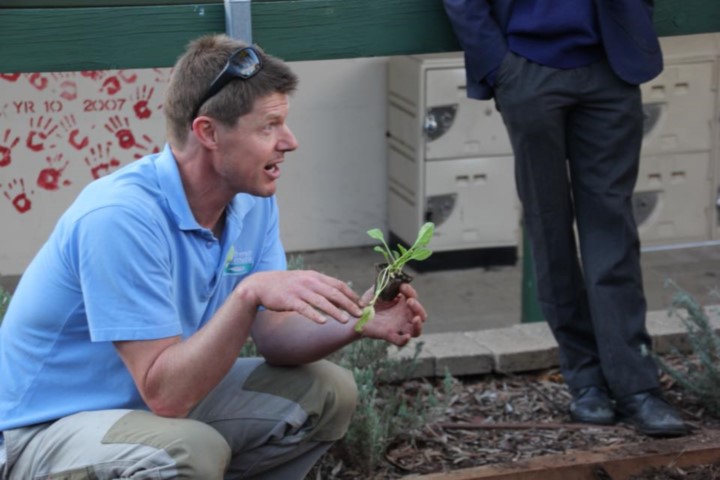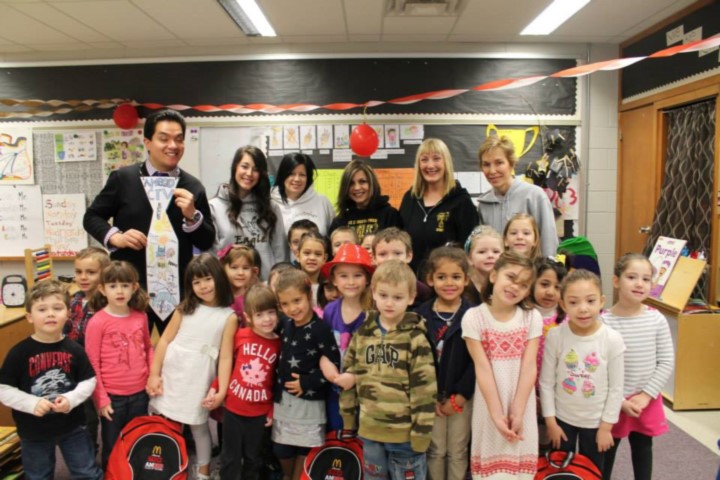Experts believe the opioid epidemic gripping the United States and Canada will likely only get worse in the foreseeable future, fueled in large part by a breakdown in community and family support systems.
The Globe and Mail recently highlighted the mushrooming drug problem plaguing schools and communities in both countries, which is “now killing twice as many people as traffic accidents.”
Roughly 70 percent of the drug overdoses involve the synthetic opioid fentanyl.
“I don’t even think we have the vocabulary any more to describe (how) it’s getting worse,” Benedikt Fischer, scientist at the Centre for Addiction and Mental Health in Toronto, told the news site.
The U.S. is on pace to hit 52,000 drug deaths this year, while Canada is expecting about 4,000, though per-person fatality rates are similar. The problem is now 10 times worse than the heroin epidemic following the Vietnam War, and experts offered several reasons why they don’t expect the situation to improve any time soon.
Fentanyl is reportedly 50 times stronger than heroin, and the margin for a fatal dosing error is slim. The drug is also extremely concentrated, which means producers in China and other countries can easily conceal it in the mail or small packages. Smartphones have made it easier to distribute fentanyl, as well, with some drug users alleging they can get their fix faster than a pizza delivery, according to the news site.
“I don’t see a snowball’s chance in Hell of stopping the flow,” illegal drug analyst Mark Kleiman told the Globe and Mail.
Perhaps the biggest contributing factor, according to journalist Andrew Sullivan, centers on broader cultural issues.
The Globe and Mail explains:
Most of our social institutions – the ones that used to officer solace, structure, friendship, and support – are under threat. The churches collapsed a generation ago. Families are in bad shape too, especially among middle – and lower-income earners, where marriage is on the wane and may kids grow up in households without both parents.
Economic change hits some people hard. Communities disintegrate. We’re living in an age where faith, family and community – the pillars that we used to count on – are all eroding.
That’s the biggest reason why this war on opioids will be so hard to win. It’s not a war we need but a reconstruction of community. And we have no idea how to do that.
James Davison Hunter, founder of the Institute for Advanced Studies in Culture, highlighted the significant impact a person’s “moral ecology” has on character in “The Content of Their Character,” a summary of character education in a wide variety of U.S. schools.
“When social institutions – whether the family, peer relationships, youth organizations, the internet, religious congregations, entertainment or popular culture – cluster together, they form a larger ecosystem of powerful cultural influences,” Hunter wrote.
When those institutions are strong, students excel both in academics and life. When they’re weak, bullying, drug abuse, and other serious issues take over.
The Recovery Village, a Florida-based rehabilitation facility, offers a “six minute read” that takes a closer look at drug and alcohol use in high schools, as well as advice on how to identify and help students struggling with addiction.

